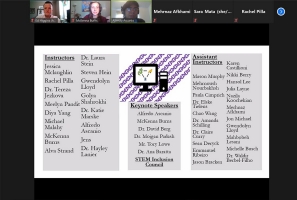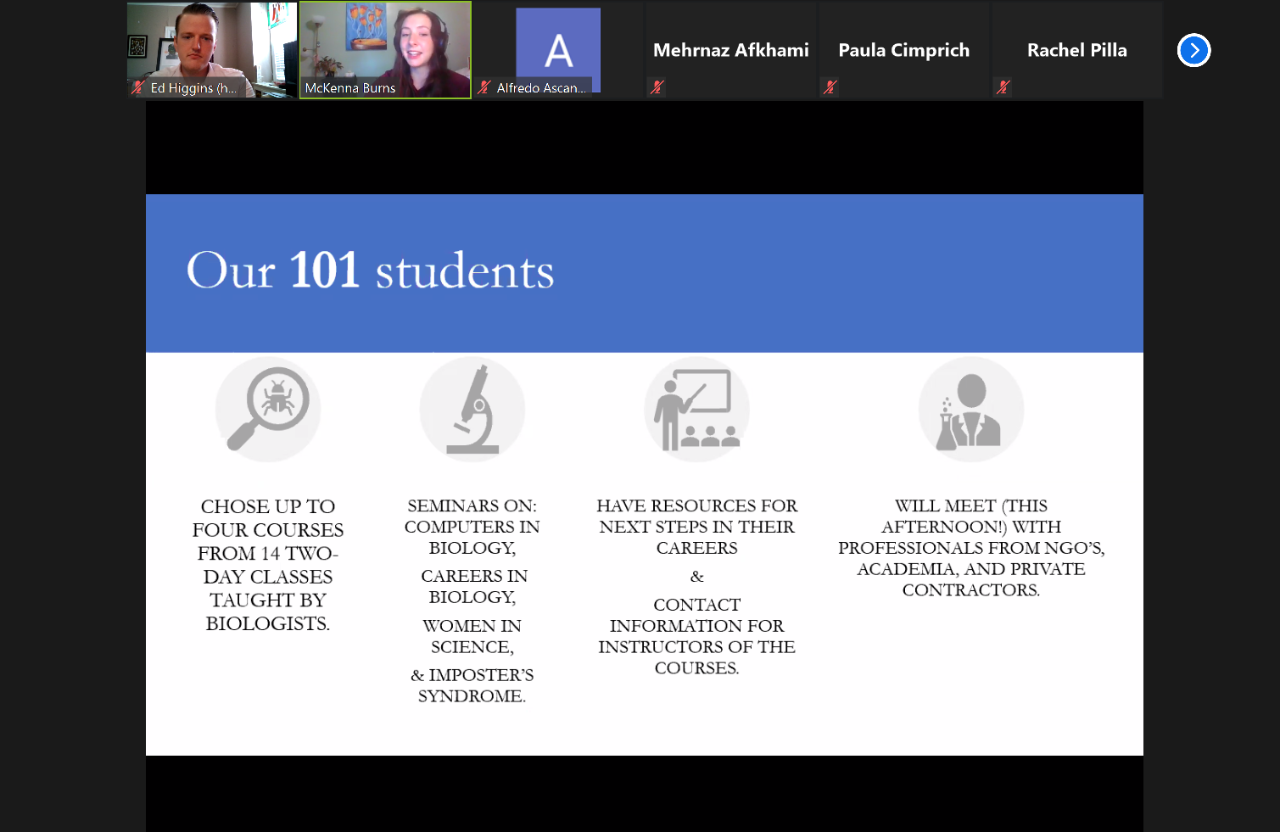For decades, federal and local efforts have tried to improve participation and retention of women and underrepresented groups in science, technology, engineering and mathematics (STEM) fields. The National Science Foundation’s Established Program to Stimulate Competitive Research was created, in part, to address this issue in selected geographies, including Oklahoma. Despite small gains in numbers of scientists from underrepresented groups, this progress has been outpaced by the overall growth in STEM fields such that the STEM workforce does not reflect the diversity of the United States.
The Office of the Vice President for Research and Partnerships on the OU Norman campus recently funded eleven short-term projects that position OU faculty and their collaborators to effectively compete for significant external funding opportunities related to the impact of social inequities on knowledge creation and dissemination. Jeff Kelly, a professor in the OU Department of Biology, and Ed Higgins, a biology doctoral candidate and a member of the OU student-led STEM Inclusion Council, lead one of these projects.
“Research shows that while approximately 50% of biologists are female, the share of women in computer sciences declined to 27% in the last 20 years,” Kelly said. “Additionally, Black, Latino, American Indian, and Native Pacific Islander students are dramatically underrepresented in university computer science departments, making up just 17% of computer science majors. In ecology and evolutionary biology, participation of underrepresented minorities in Ph.D. programs is particularly low, even compared to other STEM fields. However, research has also shown that providing educational opportunities in computing is an effective way to address inequality in STEM.”
Their research project, “Effectiveness of Computing in Modern Biology Workshops for Broadening Participation in STEM.” is comprised of team from the OU Department of Biology and the Miami University of Ohio. The team conducted a free, five-day online workshop consisting of four, two-day classes focused on modern computer skills essential in a wide variety of biological sciences.


